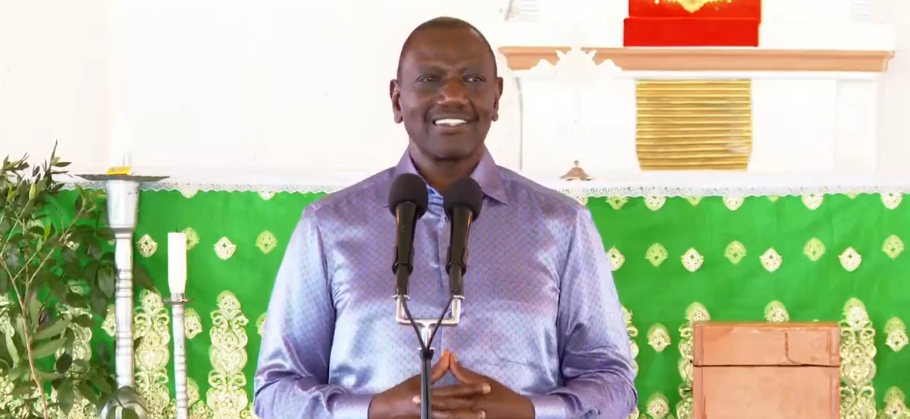Let’s talk about it – myths, stigma surrounding the female genitalia

Victoria Muthama has made it her mission to dispel myths and stigma surrounding the female genitalia.
Harriet James @harriet86jim
Victoria Muthama had grown up all her life listening to stories of negativity and shame about the female private part.
As she grew older, it birthed a passion in her to not only research on matters on vagina, but also train other women on taking care of it.
“I love the vagina. I think it’s beautiful but there is a lot of shame that surrounds it.
They just call it V or ‘zile mambo za wamama’ (women’s issues). I started researching on how women used to take care of the vagina in ancient times and that’s how the passion was birthed,” she says.
In most Kenyan homes, young women have been conditioned from early days to use euphemisms that suggest their private parts are a no go area.
The society too is okay with using slang terms for vagina, whether affectionately to their sexual partner or with others in an attempt to avoid being vulgar.
Conversely, it is a common word when one wants to be uncouth. The word vagina is Latin, and dates back to the 17th century.
It basically means a sheath or a close fitting cover for the blade of a sword.
Boost self-esteem

With the wave of feminism in the late 1960s, more and more women came out to talk about vagina unabashedly.
As a result, film, art, cultural materials have been developed with an attempt to counter the stigma surrounding it.
But today, for some reason, the word has always been linked with taboo and, as a result, most women have neglected their vaginal health as they feel embarrassed or ashamed to talk about it.
For Victoria, talking about this taboo subject makes her happy as she is breaking stigma associated with it.
“My goal is to remove the shame that comes with being a woman. When we talk to women and joke about our common issues, it makes them feel they are not the only ones going through certain issues. It has boosted the self-esteem of a woman.
A woman who believes in herself can conquer the world,” she explains.
It is, however, important that women look out for products that could be scientifically dangerous or cause negative health effects on them.
Dr David Thuo, a gynaecologist, says some of these products and practices such as steaming and garlic insertions have little effectiveness and many potential consequences.
Get immediate attetion
“Some of these consequences include recurrent infections, vaginal dryness, vaginal inflammation and painful sex when used more than twice a year.

Most claims are honestly outrageous like unlocking tubes and reducing cramps,” he says.
He adds that some myths people have about the vagina are that women pee and pass urine and have sex from there and that it loses elasticity permanently after normal delivery.
“While age and childbirth might result to a woman’s vagina to slightly lose its elasticity naturally, it won’t stretch out permanently but with time, it will snap back to its original form,” he says.
Dr Thuo urges women not to douche and to allow for adequate reaction by wearing cotton underwear at least while sleeping.
“Get immediate attention for any discharge associated with a foul smell and/or itching, any abnormal swellings, lumps or rashes.
When it comes to sex, begin sex in the light to allow adequate time to assess your partner for unusual discharges, rashes and smells.
Also ensure that you get an STD screen with your regular partner once a year,” he advises.
For Dr Gladys Nyachieo, a sociologist, the normalisation of the word and everything that pertains to it is empowering.
“It is high time we normalised the use of the word vagina as this idea of normalising it breaks taboo and gets more and more people talking about issues pertaining it openly and honestly with their doctors, families as well as friends. This is not only empowering but vital,” she says.













